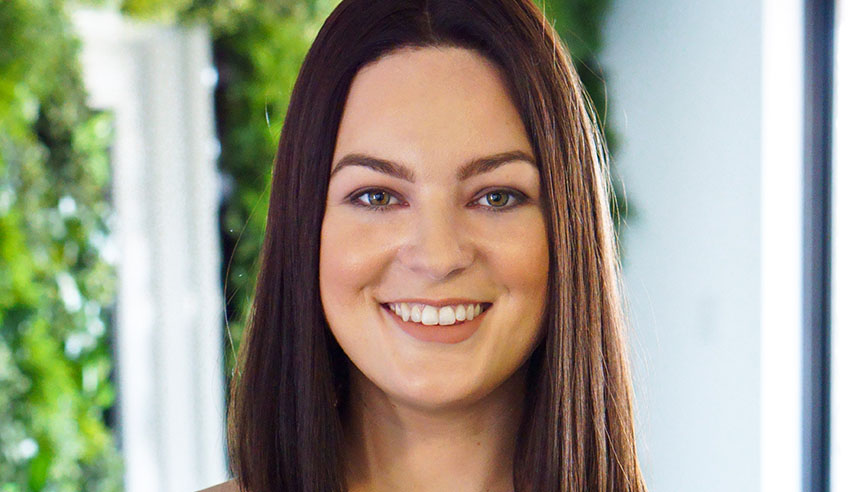As accessibility becomes a key element in legal innovation, it is imperative we leverage new mediums to rethink the way we offer legal services, write Courtney Bowie and Isabel Mellor.

Throughout history, written text has been the lingua franca of the law. However, moving forward, we must engage with new mediums to rethink the way we offer legal services.
Neurodivergence is characterised by neurological variations such as autism, ADHD or other developmental differences, in contrast to “neurotypical” persons who have typical developmental, intellectual, and cognitive abilities. Like female business owners, neurodivergent communities have been underserved by the legal services industry. Forced to rely on thick chunks of text to transact, neurodivergent business owners have been deprived of access to legal services that are tailored to their unique personal and professional needs.
By failing to attempt to understand the needs and perspectives of neurodivergent individuals, we ignore their contribution to diversity of thought which is integral to innovation in business.
As a natural expansion of our desire to improve accessibility and foster innovation, Her Lawyer has committed to working with the neurodivergent community to improve their access to legal services.
A design-thinking approach allows us to better empathise with and understand the needs of our neurodivergent clients. This lens also illuminates new knowledge that can be used to make legal services more inclusive. By collaborating with our neurodivergent clients and partners, we realised opportunities to incorporate strategies, such as visual contracts (a hybrid contract comprising plain English text and visual aids, where images are used to concisely convey ideas in an accessible format) to better serve them.
Visual contracts represent a powerful opportunity to make legal agreements accessible by integrating visual storytelling. Rather than being impeded by large blocks of text, concepts can be conveyed in a way that is less likely to trigger sensory overload. Using images forces us to distill concepts into their core ideas. This is visually appealing and lessens the burden of trying to concentrate on lengthy sentences. By limiting distraction, visual aids help neurodivergent contractors to focus on the key idea and improve understanding, retention and speed of information processing.
Contrast this with standard contracts that rely on written text to convey the terms of an agreement. By nature, they can be complex, and at times difficult to interpret, even by lawyers. This format is especially difficult for neurodivergent people to consume.
Understanding the importance of pictures and visual aids in contracts is the first step in their widespread application in law. Isabelle Quigley, a legally trained neurodivergent visual scribe, says of the importance of visual storytelling, “for me, and many neurodivergent people like me, visual storytelling is an essential part of understanding the world”. Instead of forcing neurodivergent communities to interact with the law through written text, we can use our creativity in translating legal concepts visually.
Creating accessible and inclusive legal documents by incorporating visual storytelling is critical in empowering and encouraging valuable participation of neurodivergent individuals in business. Plain English is no longer enough. We need to be open to adopt a new visual language for law.
Courtney Bowie is the principal of Her Lawyer. Isabel Mellor is a graduate at Her Lawyer.